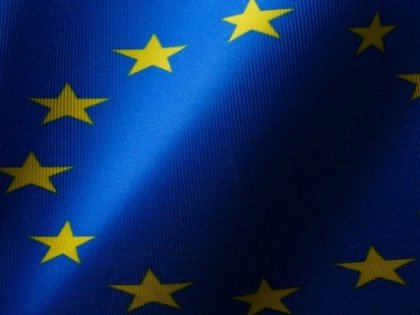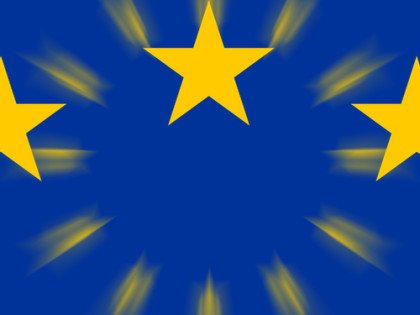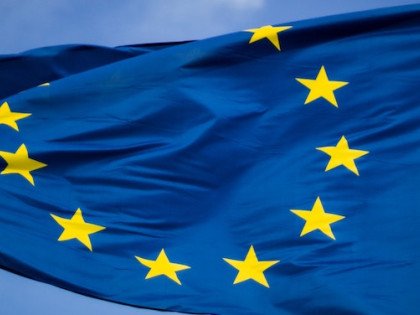Sections from the report (1) of clear importance:
Section 7.1 Conclusions on novel tobacco and emerging products
“The EU regulatory framework does not currently address all novel tobacco and emerging products, nor provide flexibility to address rapid product developments. HTPs [heated tobacco products] should be monitored closely as they pose specific regulatory challenges, including health warnings, use of flavours and interaction with devices. There are also legal loopholes with respect to emerging nicotine or similar products (excluding those authorised for medical purposes and/or for smoking cessation under medical authorisation).”
This section effectively promises that the legislation applied to vaping across Europe will get tougher.
Section 8.1 Conclusions on e-cigarettes and refill containers
“E-cigarettes contain nicotine, a toxic substance. The Commission will base its risk management decisions on e-cigarettes on the SCHEER scientific opinion. The SCHEER opinion underlined their health consequences and the important role they play in smoking initiation. This opinion supports the careful and precautionary approach taken so far.
“However, it should be explored whether some provisions could be further developed or clarified, such as tank size or labelling requirements; use of flavours; use of nicotine-free liquids; and advertising provisions.
“Insofar as e-cigarettes are smoking cessation aids, their regulation should follow the pharmaceutical legislation.”
Here, the EU chooses to ignore the fact that the dose makes the poison and, as predicted in earlier POTV articles, embraces the exceptionally flawed SCHEER report (which ignored submissions from advocated and harm reduction experts).
Reference to flavours will send a shudder down the spines of Euro ecig users, as will mention of shortfills – and then there is the problem of Note 54.
"(54) Open systems with refillable tanks are the most popular, followed by rechargeable devices with replaceable cartridges. While closed systems restrict device manipulation and reduce malpractice, open systems allow independent dosing and tailored interoperability, which can act as a gateway for user negligence."
The Commission has decided to adopt the World Health Organization’s position on open systems and decided that being able to build your own coil and add your own e-liquid means someone might be able to add a noxious substance.
Here is a direct threat to Greek, German, and Italian tank manufacturers. It is almost a certainty that the next TPD will restrict e-liquid flavours and possible ban open tank systems.
References:
- Report From The Commission To The European Parliament, The Council, The European Economic And Social Committee And The Committee Of The Regions on the application of Directive 2014/40/EU concerning the manufacture, presentation and sale of tobacco and related products - COM/2021/249 final
Dave Cross
Journalist at POTVDave is a freelance writer; with articles on music, motorbikes, football, pop-science, vaping and tobacco harm reduction in Sounds, Melody Maker, UBG, AWoL, Bike, When Saturday Comes, Vape News Magazine, and syndicated across the Johnston Press group. He was published in an anthology of “Greatest Football Writing”, but still believes this was a mistake. Dave contributes sketches to comedy shows and used to co-host a radio sketch show. He’s worked with numerous start-ups to develop content for their websites.
Join the discussion
EU Commission Called Out
The World Vapers' Alliance calls out the EU Commission's hostile stance on Tobacco Harm Reduction in light of Tobacco Product Directive consultation findings
WHO HIGHLIGHTS SWEDISH SUCCESS
A major new report from the World Health Organization (WHO) highlights Sweden’s success in going smoke-free with the help of less harmful cigarette alternatives
MEPs Want Integrated EU Strategy
MEPs propose actions to prevent and lower the prevalence of non-communicable diseases in the EU, in order to reduce the burden on healthcare systems and on citizens’ quality of life
Report Raises Concerns About EU Transparency
A recent report raises concerns about the EU’s approach to transparency and inclusivity as member states challenge the Commission's stance on tobacco control






-listing400.jpg)




